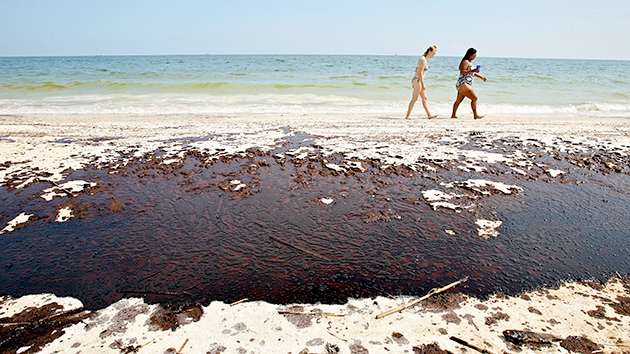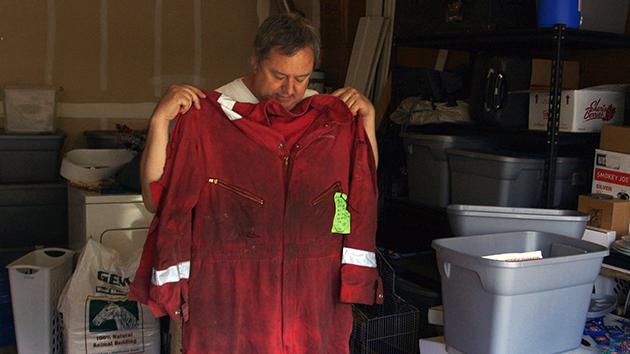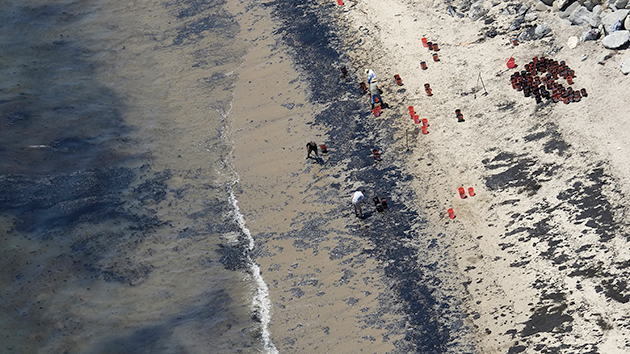
On Tuesday, an oil pipeline burst near Refugio State Beach west of Santa Barbara, California, sending an estimated 105,000 gallons of oil onto the beach. Up to a fifth of that oil is believed to have reached the ocean, Reuters reports.
Now, volunteers and private contractors are racing to clean up the oil. About 6,000 gallons have been collected so far, according to the AP. But damage has already been done. At least two pelicans have been found dead, and five more pelicans and one sea lion were sent for rehabilitation. Biologists have also found many dead fish and lobsters. Local officials have closed the beach at least through Memorial Day, and possibly for “many weeks” after that, one scientist at the scene said.
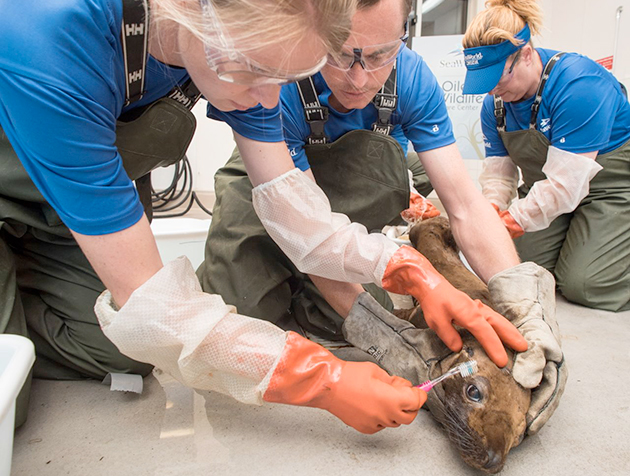
The company that owned the pipeline, Plains All American, has one of the country’s worst environmental safety records. An analysis by the Los Angeles Times found that the company’s rate of incidents per mile of pipeline is more than three times the national average. A spokesperson said the company deeply “regrets this release,” but it remains unclear what penalties it could face for this latest accident.
Bagged oil on Refugio Beach #SantaBarbaraOilSpill pic.twitter.com/53XqGj0C5d
— Max Ufberg (@Max_Uf) May 20, 2015
It could be years before the full impact is truly understood, since damage to the ecosystem can sometimes take a while to manifest. Five years after the Deepwater Horizon spill in the Gulf of Mexico, biologists are still tallying the damage.
Here are some of the latest images coming in from the scene:

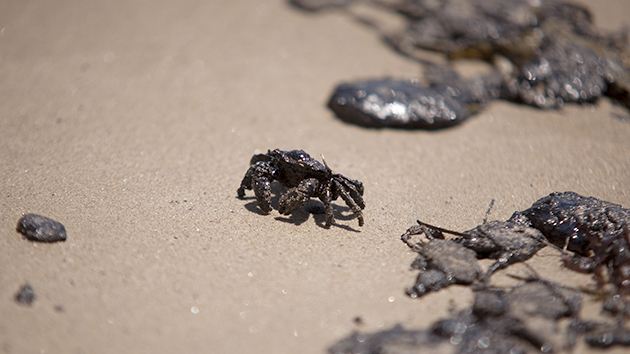






@KTLA @FoxNews @KEYTNC3 volunteers doing what we could before being kicked off the beach. @KEYTNC3Senerey pic.twitter.com/pEtzKtK3sD
— Animal Tracks, Inc. (@AnimalTracksInc) May 20, 2015


